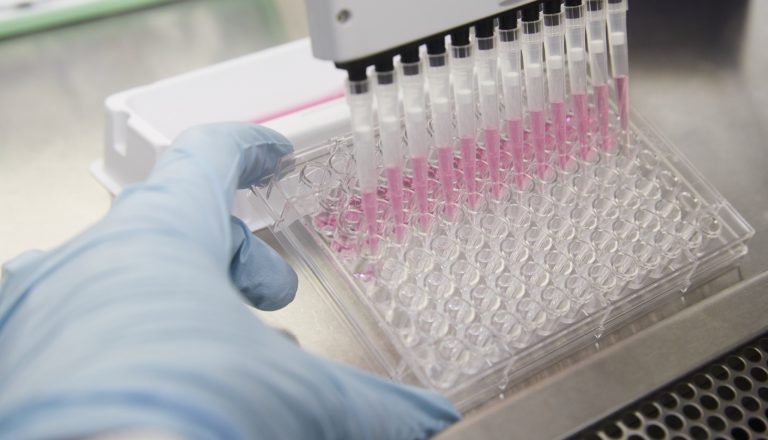In 2016, representatives of Children with Cancer UK gave evidence at a hearing of the parliamentary petitions committee, helping to present the case for increasing funding for Brain Tumour research.

Newsletter Signup x
4. Treatment: there are a number of opportunities to develop and improve treatment practices. a.) Ensuring more collaboration between the multi-disciplinary teams involved in patient care is a major opportunity for better treatment outcomes. b.) Similarly, improvements in imaging technology mean radiotherapy can be optimised, becoming safer and more effective in treating brain tumours. Proton beam therapy is an opportunity to explore.
c.) Approaches to drug development which seek to overcome the Blood Brain Barrier (BBB) and problems with treatment resistance will be important.
d.) Re-purposing existing drugs for application to brain tumours is a positive opportunity.
e.) Research into improved surgical options for brain tumours is important, as technological improvements in scanning and modelling of the brain make for better ability to remove a tumour and leave surrounding structures intact.
f.) The small number of patients diagnosed with each particular type of brain tumour poses a challenge for clinical trial success. Small patient numbers make it difficult to obtain clinically meaningful data. Investment in clinical trial infrastructure is a significant opportunity for progress.
5. Senior Research Leadership and Workforce: There are pockets of excellence in brain tumour research around the UK, but a real opportunity for improvement exists in developing and formalising leadership structures, so as to coordinate both local and national efforts. This will also draw more young researchers into the field. Establishing dedicated centres of excellence will be an important part of this. 6. Survivorship: It is critical that research into brain tumours has a focus on quality of life, so that after the completion of primary treatment more people affected have a life to return to.